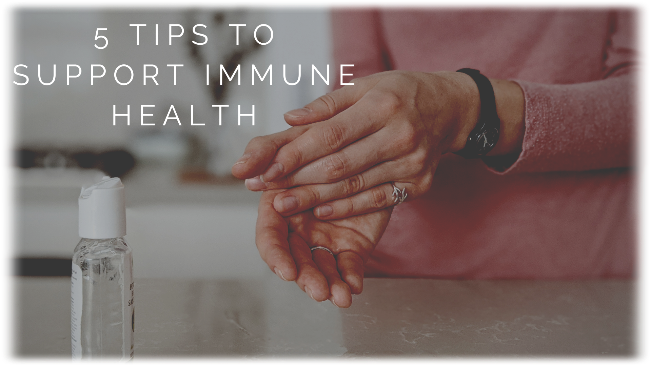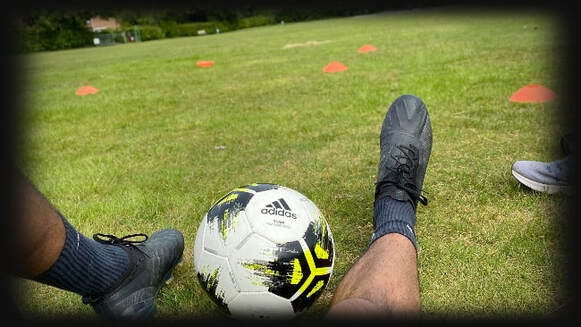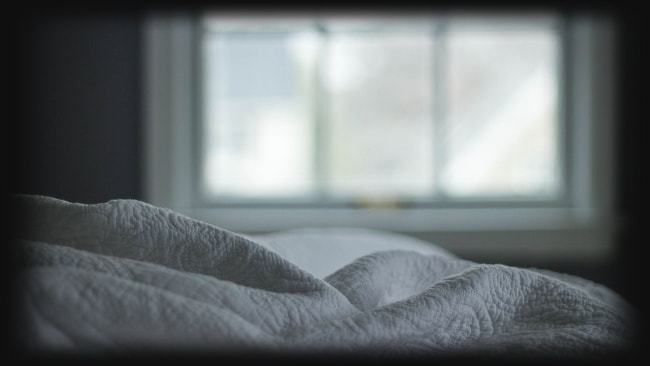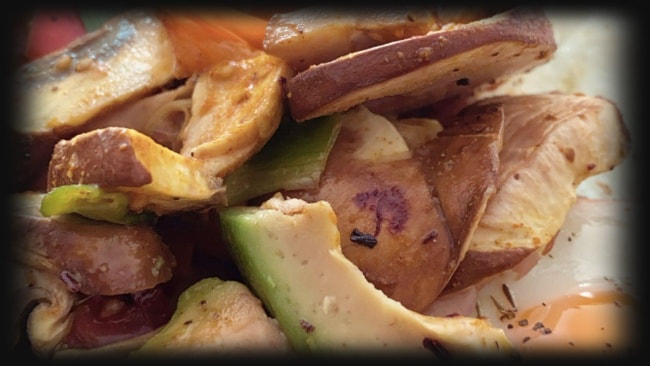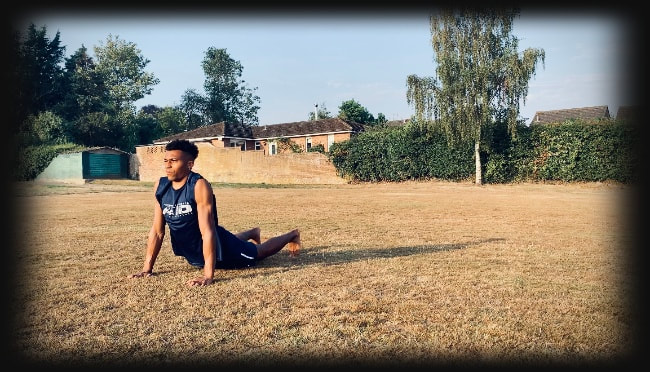|
With more & more aspects of regular life making a return, the importance of having a robust immune system really ought to be a message relayed over and over again. Unfortunately, when it comes to disease our society is typically more interested in a quick-fix or treatment rather than prevention. Let’s be clear - there’s no quick fix with your immune health. You can’t simply ‘boost’ your immune health by taking a gummy supplement. In fact, a boost really isn’t what we’re looking for - we don’t want an overactive immune system. What we’re after is ways to support our immune health. And that takes two things: consistency & balance. In this, I’ll be outlining some behaviours or habits that can play a hugely supportive role in your immune health & overall well-being. They don’t require anything extraordinary, just a willingness to take care of your body & your health, and commitment to that objective for the long-term. Let’s get into it. Move.Nothing crazy, just daily movement. It’s well known that exercise is one of the key factors in solid immune health. Habitual exercise has been shown to improve immune regulation, helping to delay the onset of age-related dysfunction. It helps to reduce inflammation in the body; through assisting in the control of body weight, the lowering of blood pressure, and the up regulation of the activity of key white blood cells - which are central for fighting disease. There’s also the fact that exercise in general leads to an increased sense of well-being & improved mood - which is massive for our mental state. Generally, an increase in your physical condition will be beneficial from an immune health standpoint - and regular, moderate intensity exercise is key to that. My advice would be to find a mixture of cardio-based activity (walking, jogging, swimming, skipping, tennis - whatever you enjoy) & a bit of resistance training to accompany it. But, like everything else moderation is key. It’s theorized that prolonged strenuous activity leads to increased inflammation & a decreased function of white blood cells. Several studies have shown that incidence of illness rises in individuals who train/compete excessively or place a large amount of stress on the body through prolonged, strenuous activity or excessive load. So doing workouts that leave you gasping for air, daily, is 100% not the move. Little and often works fine - just get it in! Sleep.Sleep is one of the most central factors to immune health. We all know how we feel after a night of rubbish sleep or when we don’t get enough of it - like shit. That feeling is the body telling us that we need to be resting! Sleep is a non-negotiable for a well-functioning immune system, predominantly due to the roles it plays a white blood cell response & inflammation. Within the body we have ‘natural killer cells’. These are an aspect of the immune system that work within your body to identify harmful elements and destroy them. Understandably, you want a lot of these functioning effectively in your body to reduce your proneness to disease. If your sleep’s not up to scratch, natural killer cell activity is massively down-regulated. In an experiment carried out to see the effects of sleep deprivation on natural killer cells, subjects were restricted to just four hours of sleep for one night, with their immune cell activity monitored. Results showed a 70% drop in natural killer cell activity. Another study looking at gene expression, carried out by researchers at the University of Surrey, further reinforced these findings. One compared the gene activity of subjects who were limited to just 6 hours of sleep per night, for one week, to those who slept a full, 8 hours. In the 6-hour subjects, there were two key findings.
If you're struggling with sleep, here's a couple things you can do. First, set yourself a sensible bedtime that you stick to throughout the week - the body responds well to consistency & predictable patterns. Look to add some non-stressful pre-sleep behaviours, e.g. restricting phone usage, reading a book, deep breathing, journaling, meditation. Other things include ensuring your room is cool enough & not getting caught up on the fact that you can’t fall sleep. If that’s the case, try to take your mind off it - go into another room for a few minutes & relax (without your phone!). Mindfulness.Minimise stress. It suppresses the immune system. So many of our everyday behaviours are indiscreetly stressing us out. Over-use of technology & social media & excessive working hours to name some of the prime suspects. With chronic stress, immune function is severely inhibited. Stress hormones weaken your immune system and limit your body’s response to foreign invaders and threats. Therefore, when under chronic stress you are significantly more susceptible to viral illnesses and cold. While research in the area is still relatively new, meditation & mindfulness have been shown to improve our response to stress, & therefore help enhance immune function. Practicing mindfulness doesn’t need to be a big deal. It’s simply having a bit of awareness of the present moment. We can allow our minds to carry us away, - into either the past or the future - burdening us with stress. Just take a few deep breaths at the start of each day - and any time you find yourself feeling a bit overwhelmed or stressed. Focus on your breathing & just being completely present in that moment. Conscious Consumption.Our nutrition & what we put into our body is so critically important to immune functioning. The best nutritional approach for optimal immune health is a whole discussion in itself, but there are a few broad concepts worth applying. For instance, cut back on the processed, pre-packaged foods as much as possible. These foods are manufactured with all sorts of preservatives, chemicals, and antibiotics, which can all invoke an inflammatory response within us. Try to eat real food. Organic fruit & vegetables (grown locally where possible), grass-fed protein sources, nuts & seeds. All the good stuff. Avoid alcohol & tobacco consumption. Both increase stress, damage physiological processes, and weaken the immune system. There are also certain foods known for their antioxidative properties. Antioxidants are compounds produced in your body and found in foods. They help defend your cells from damage caused by potentially harmful molecules known as free radicals - which can be harmful to immune health. Here’s a few:
Time in Nature.Getting plenty of direct sunlight is vital for immune health. We derive vitamin D from the sun & deficiency of it is associated with increased autoimmunity as well as increased susceptibility to infection. But also, just getting outside & spending time surrounded by nature can be hugely relaxing - and as you now know, stress play a key role in immune health. The sounds & scenery can allow us to enter into a relaxed state that is difficult to reach when consistently bombarded with stimuli. This helps us to recover & rebuild. Try to begin each day by spending 15-30 minutes outside. You could find a way to tie your physical activity in with that, or you could just sit outside with a book & a coffee - whatever works for you. If you live in a city or urban environment, do what you can to get out to local parks or outdoor spaces.
|
Author
Christian Lawal Personal Training.
Personal training in Tunbridge Wells, Tonbridge & Sevenoaks. Archives
January 2024
|
